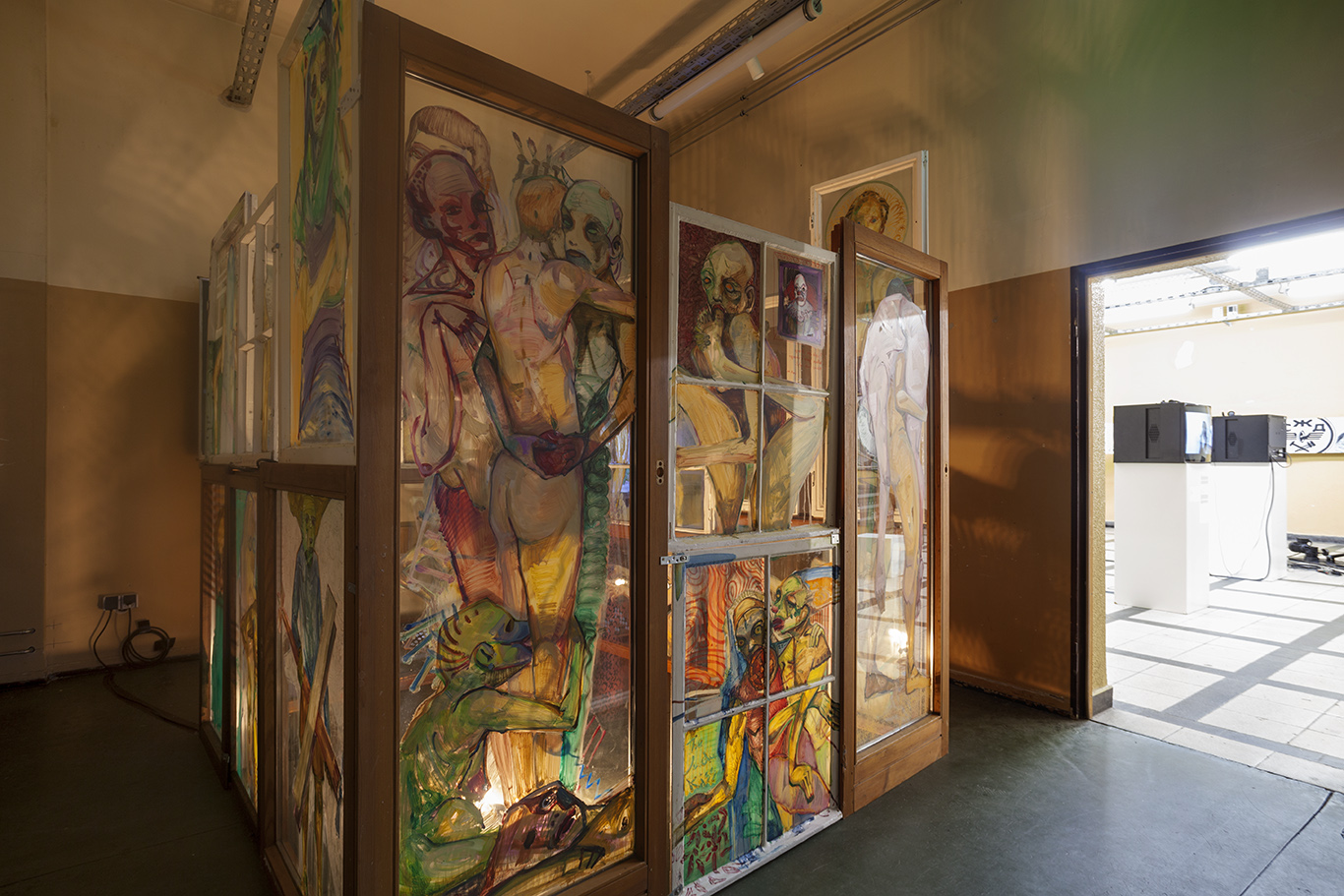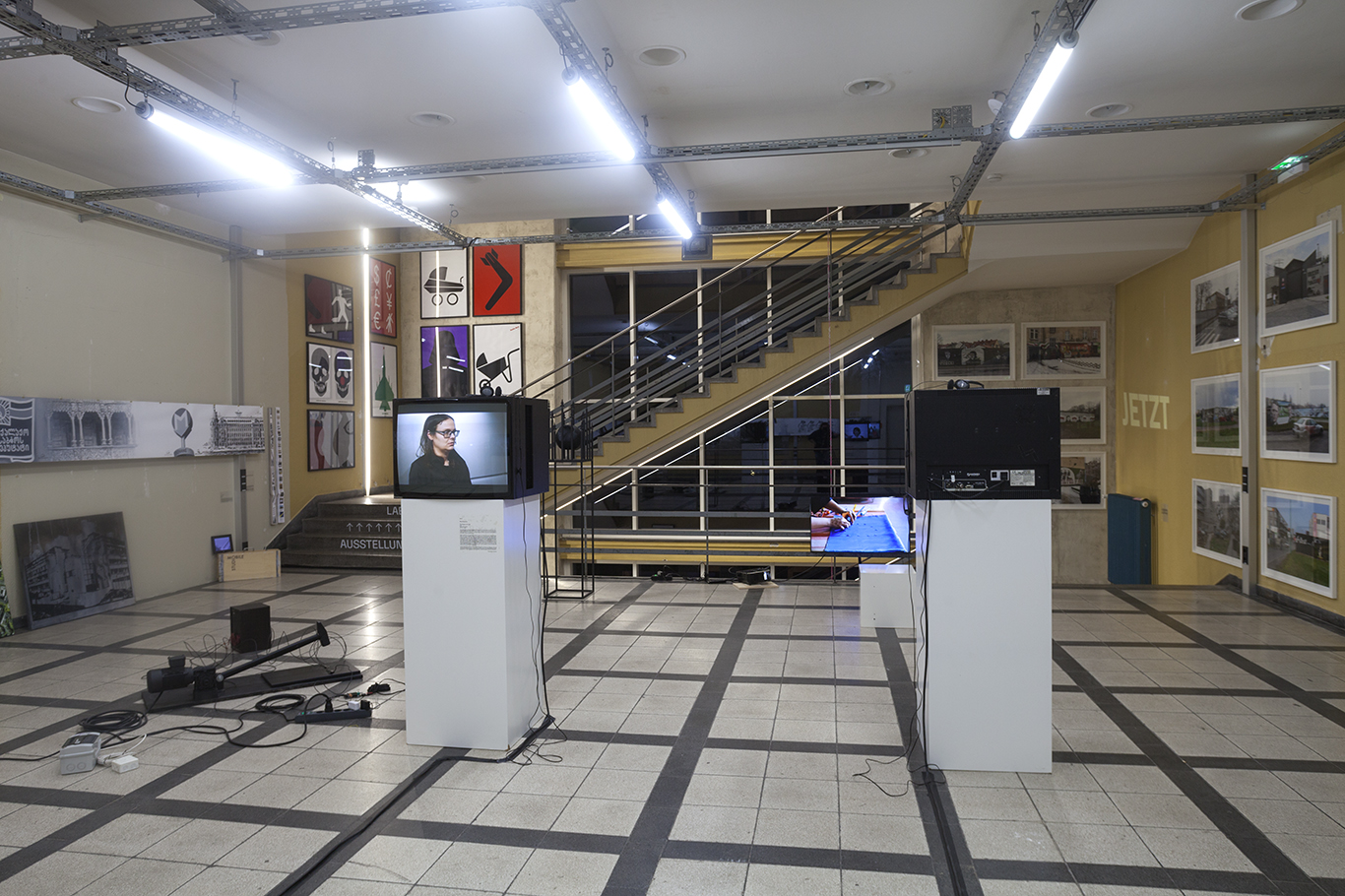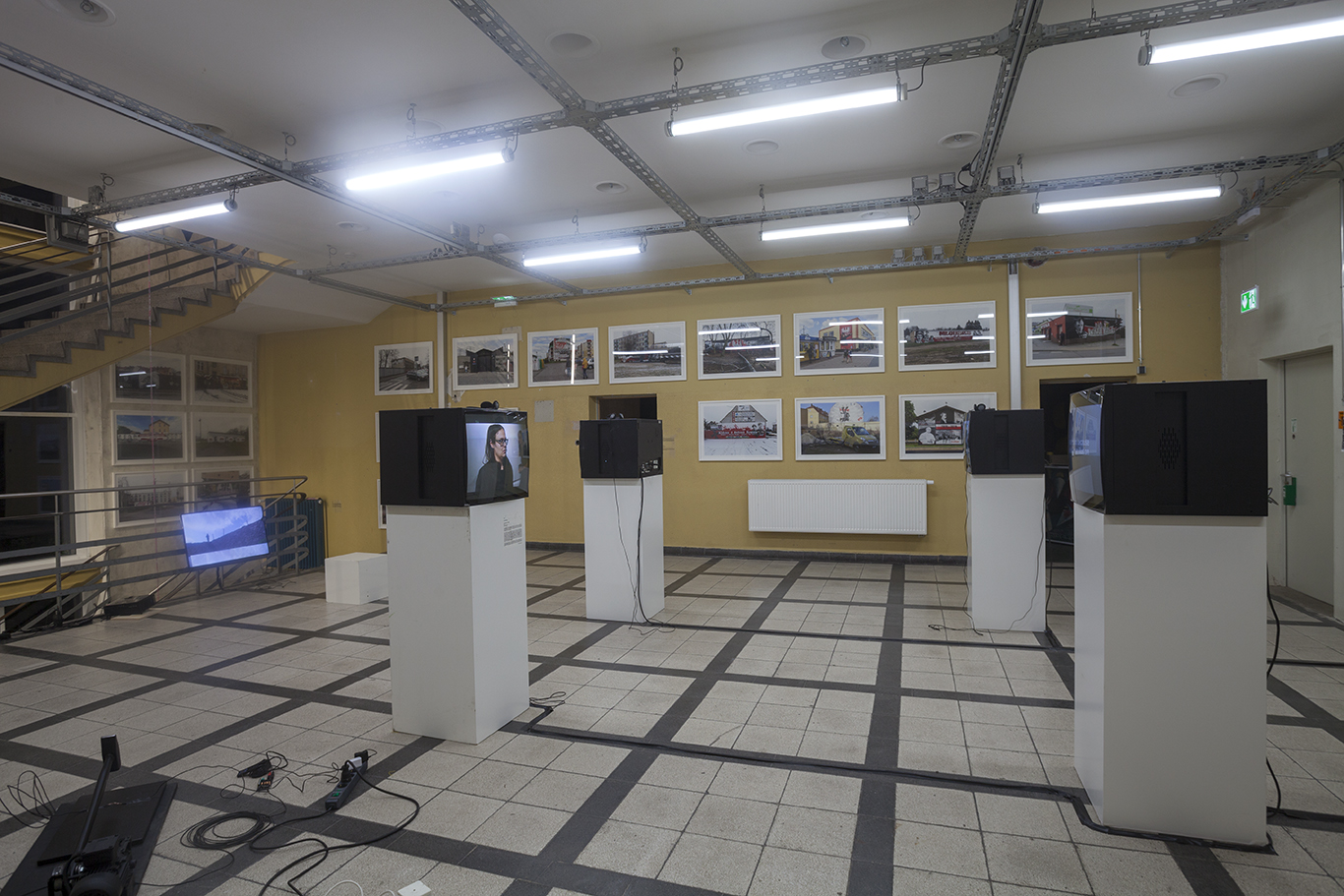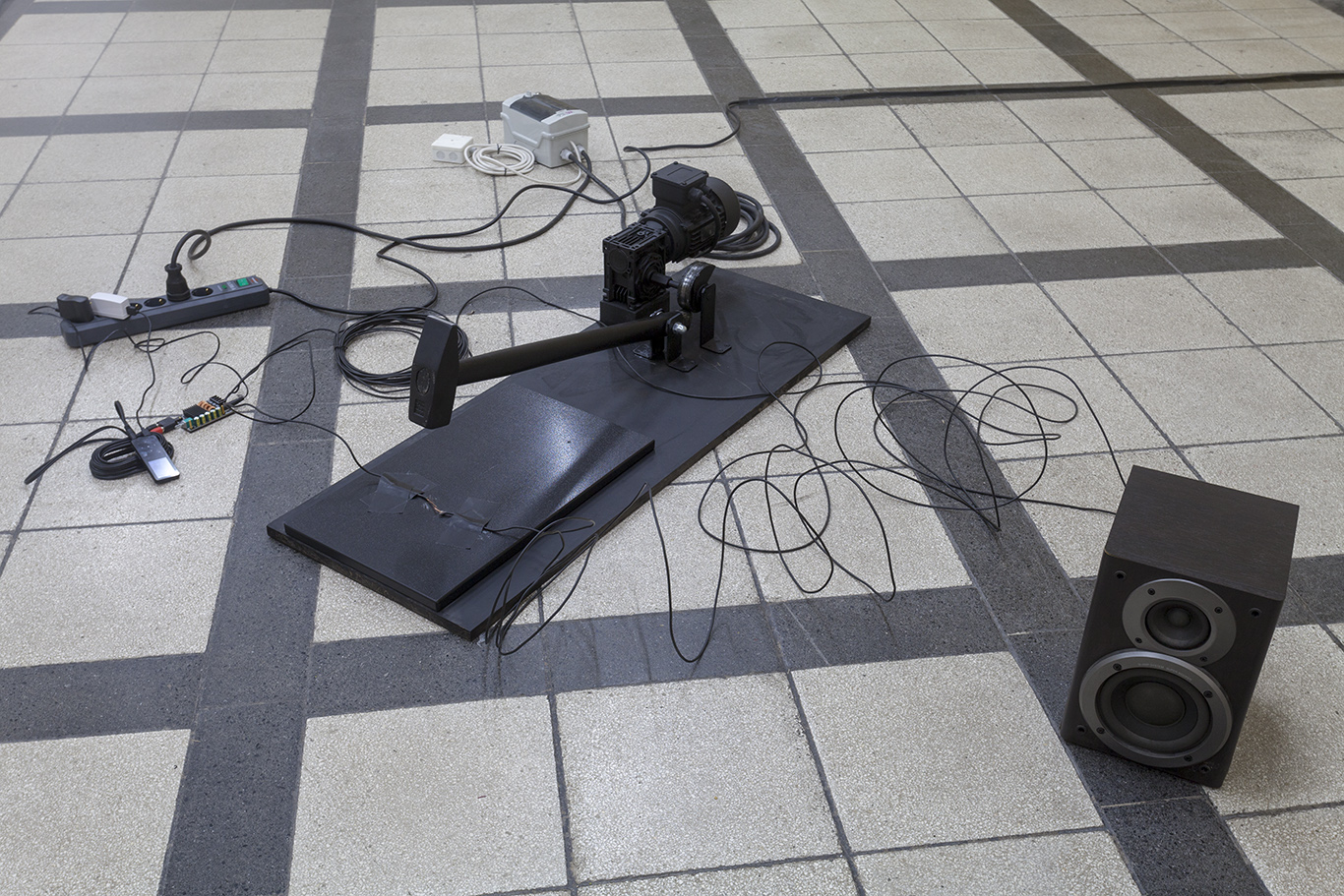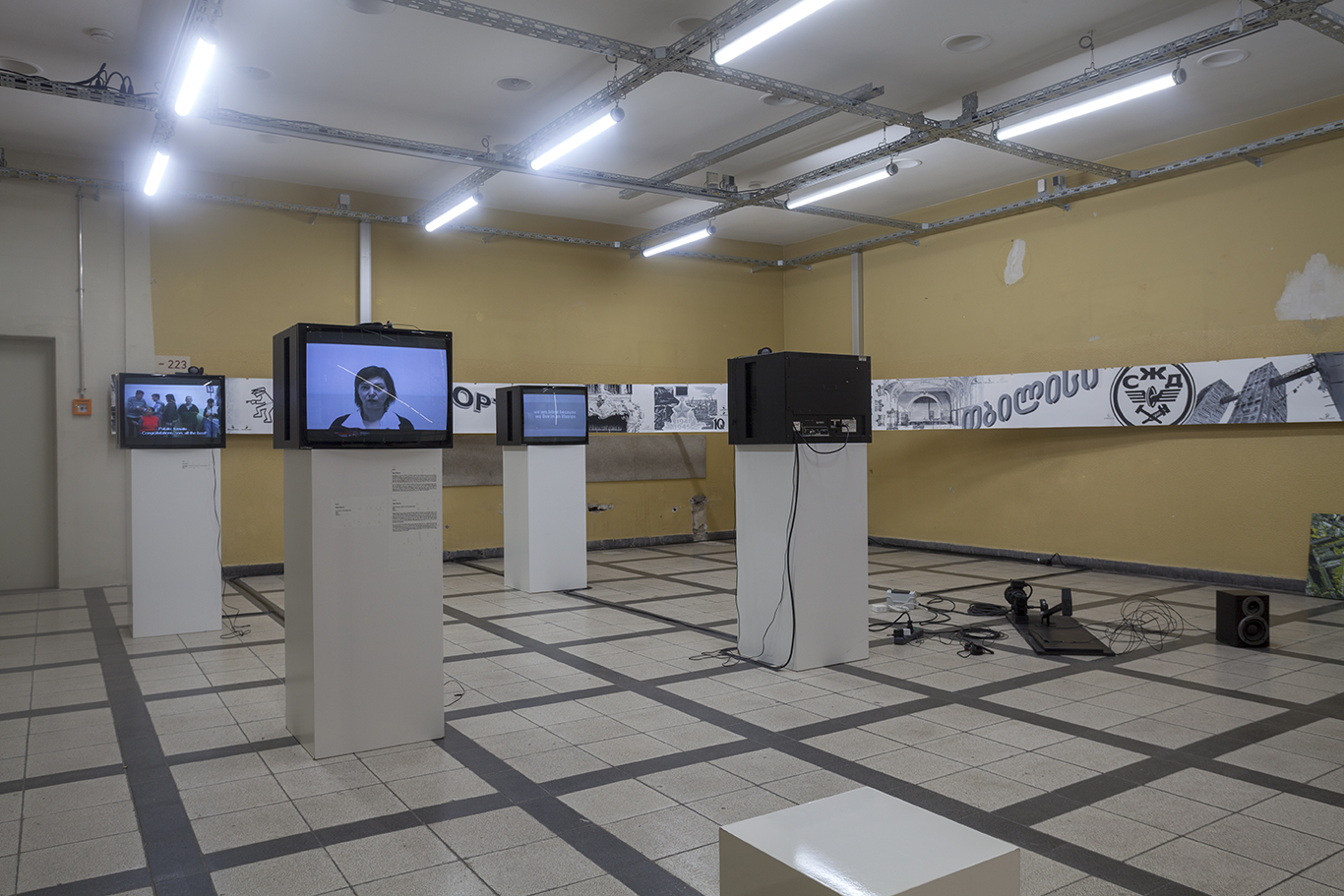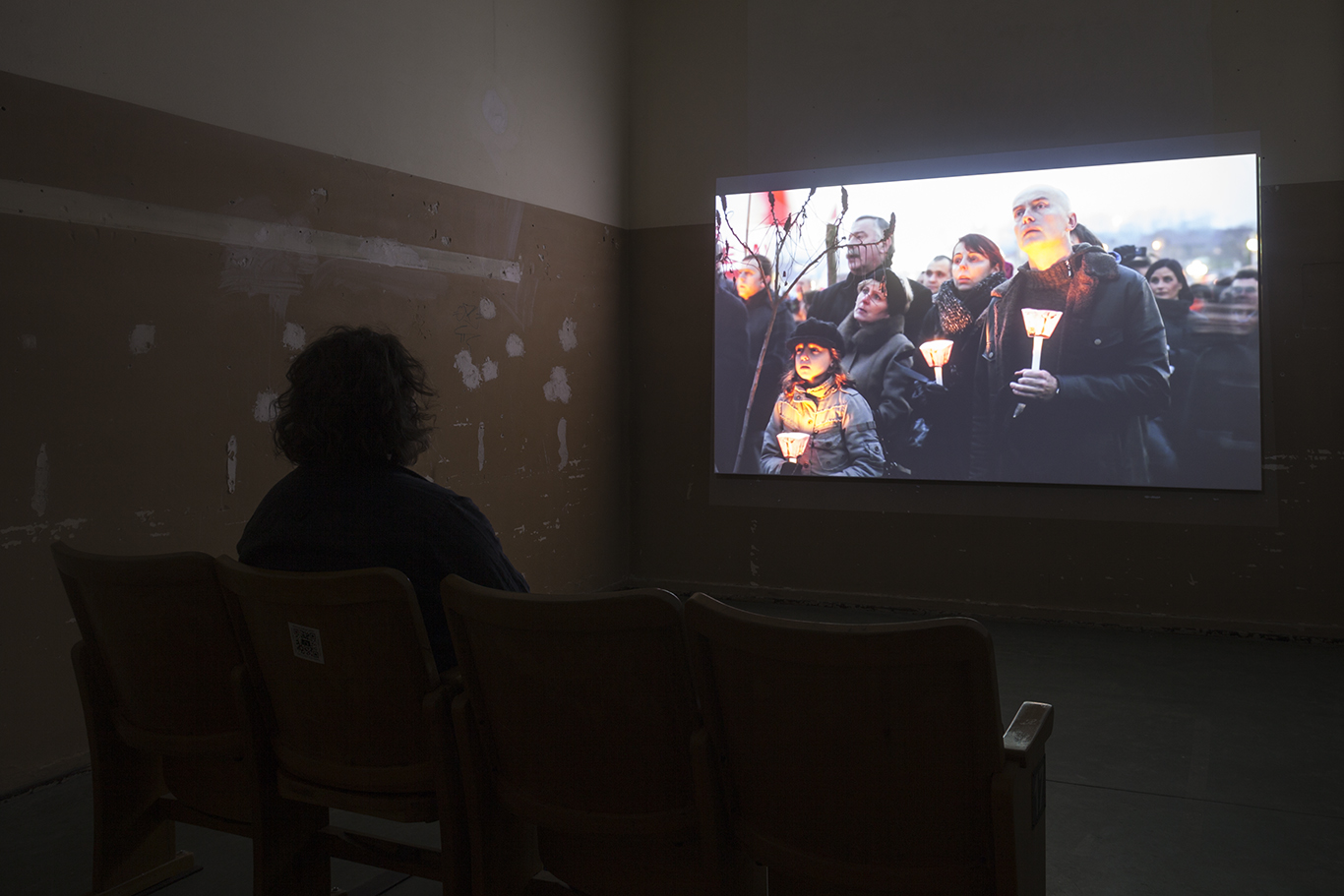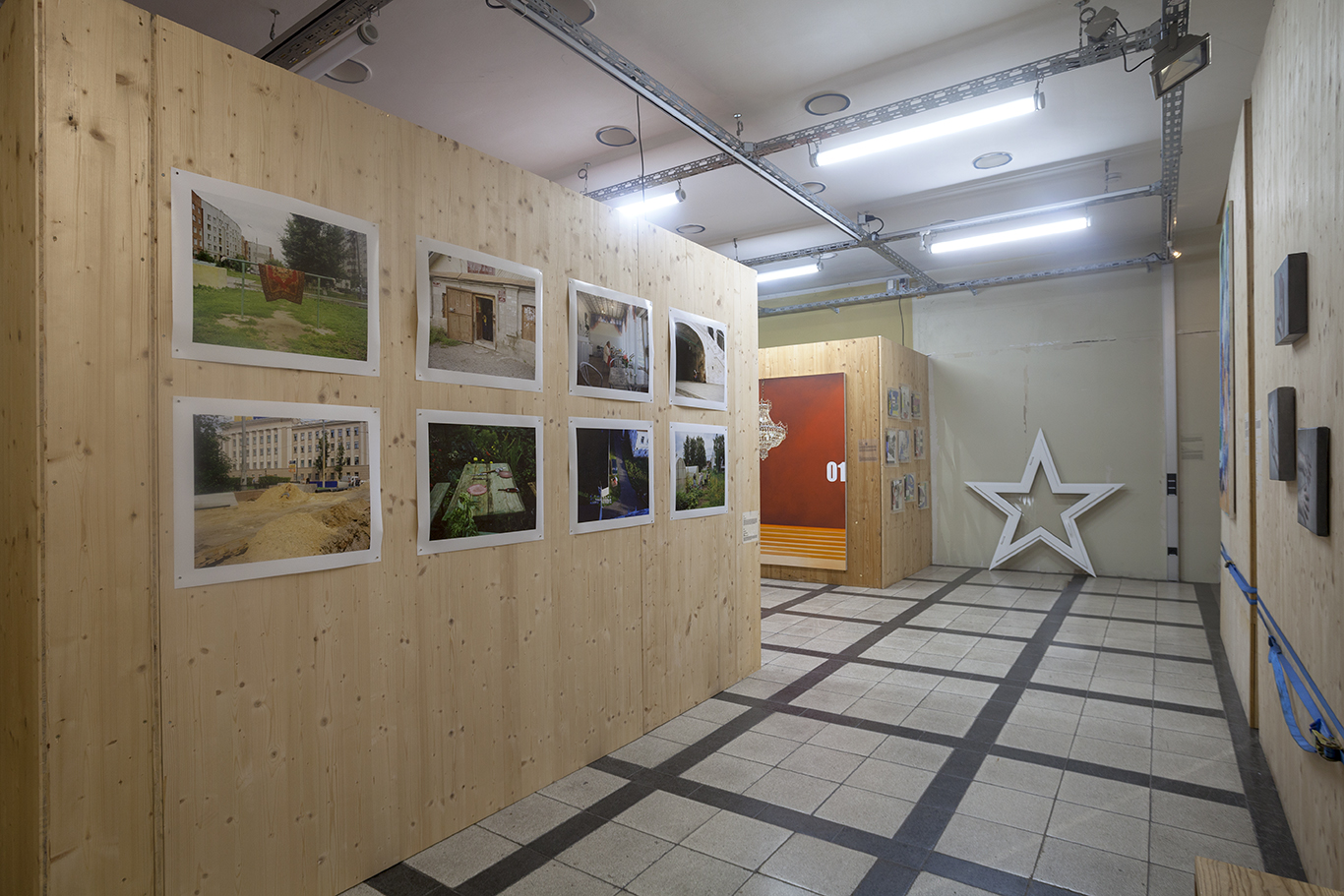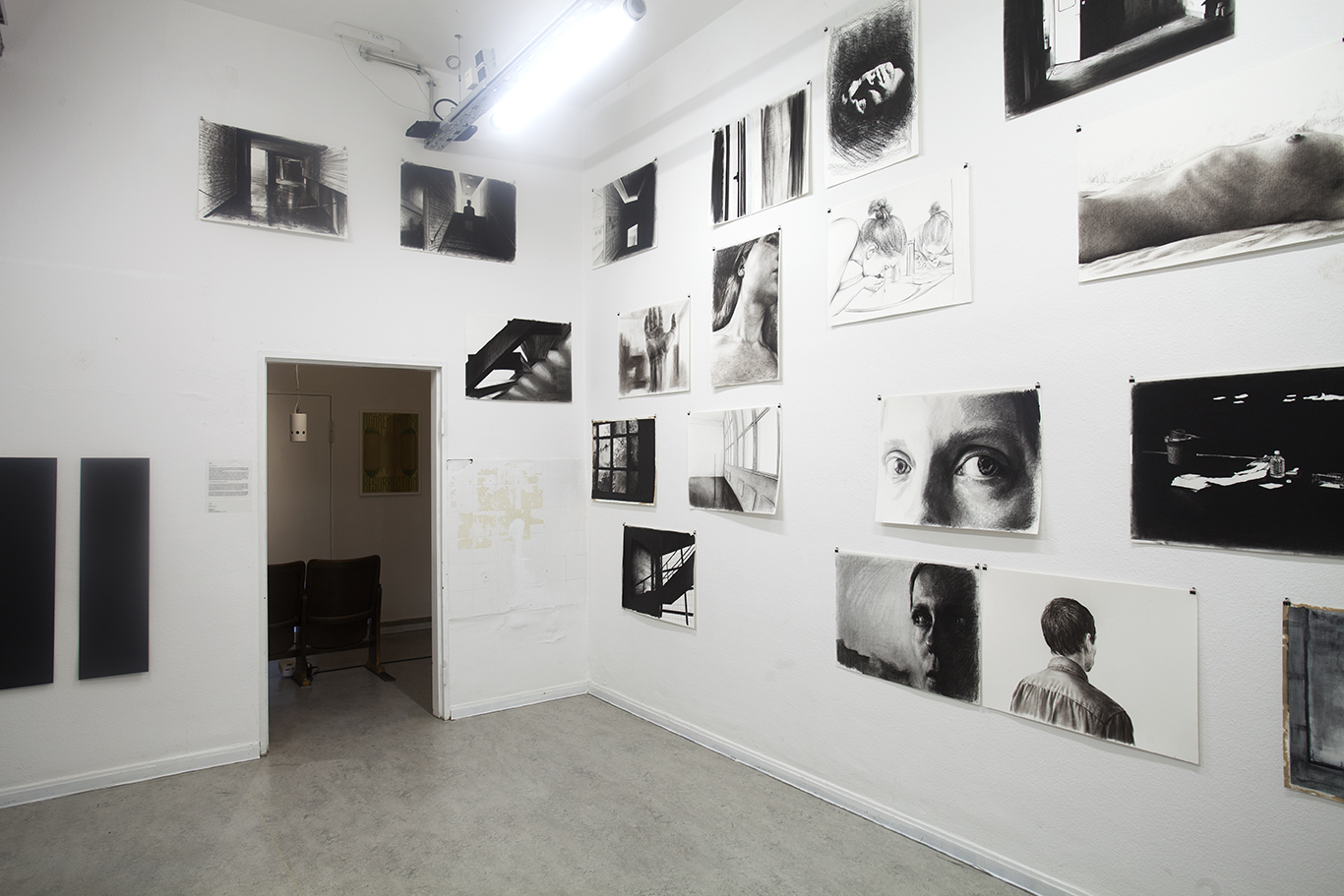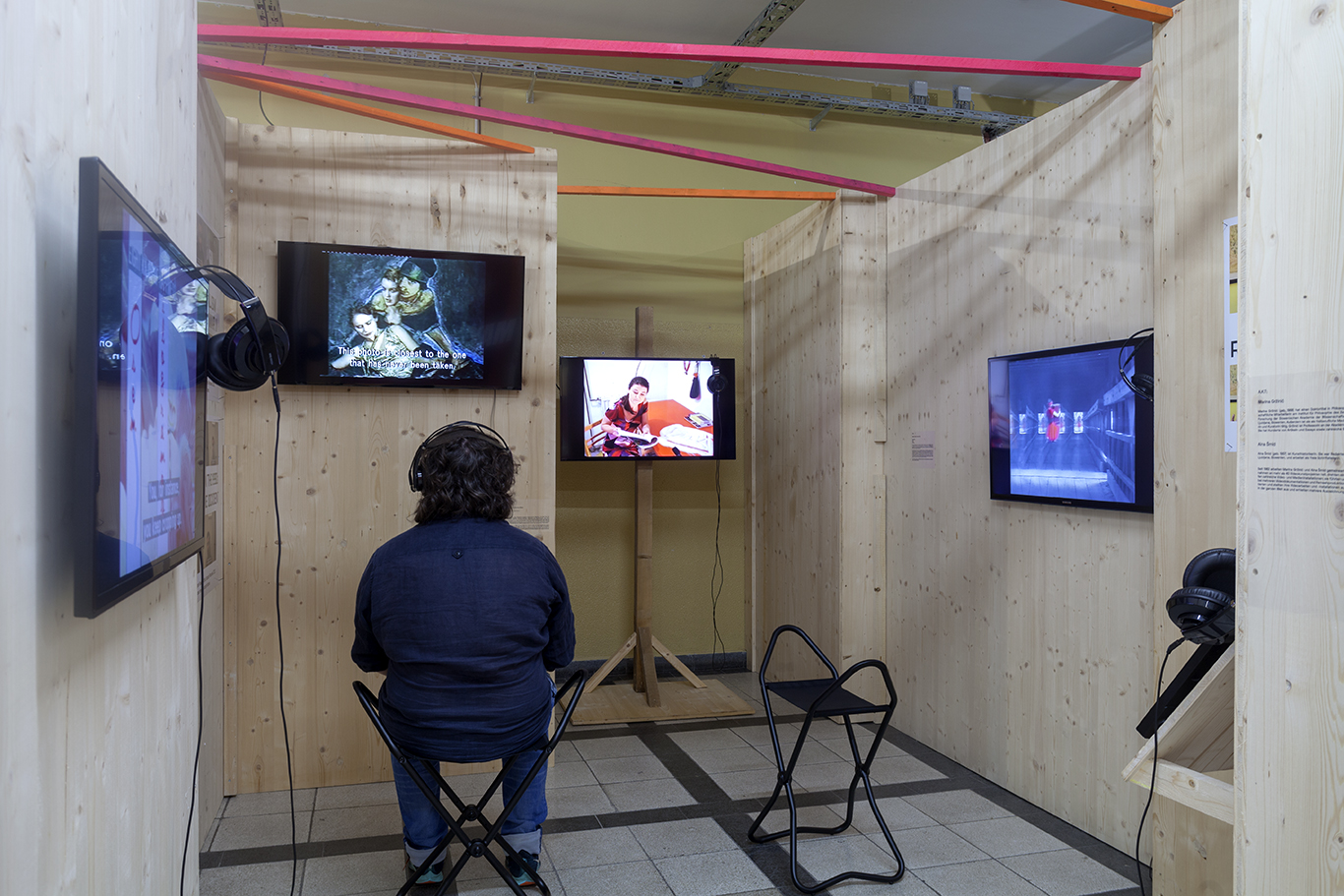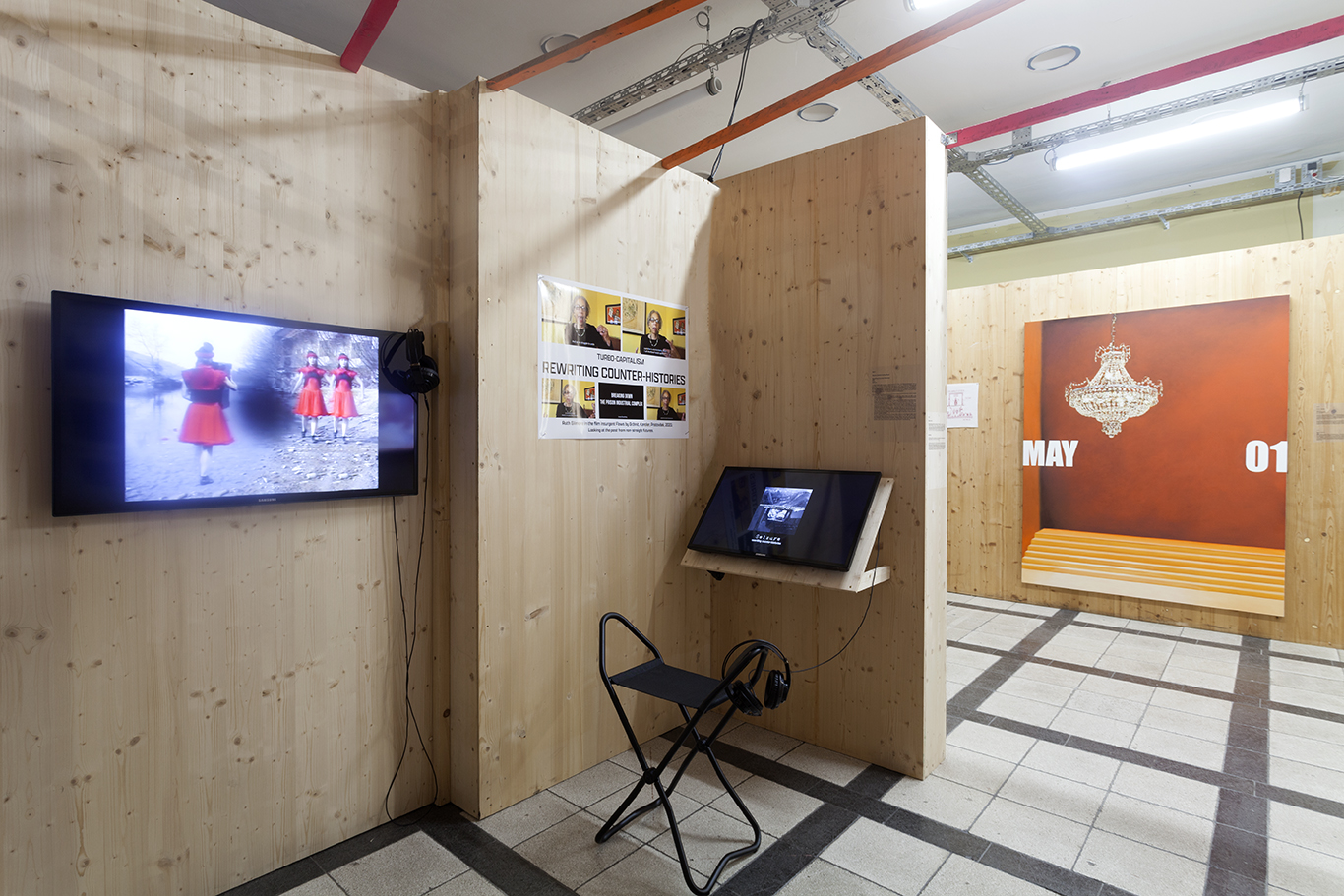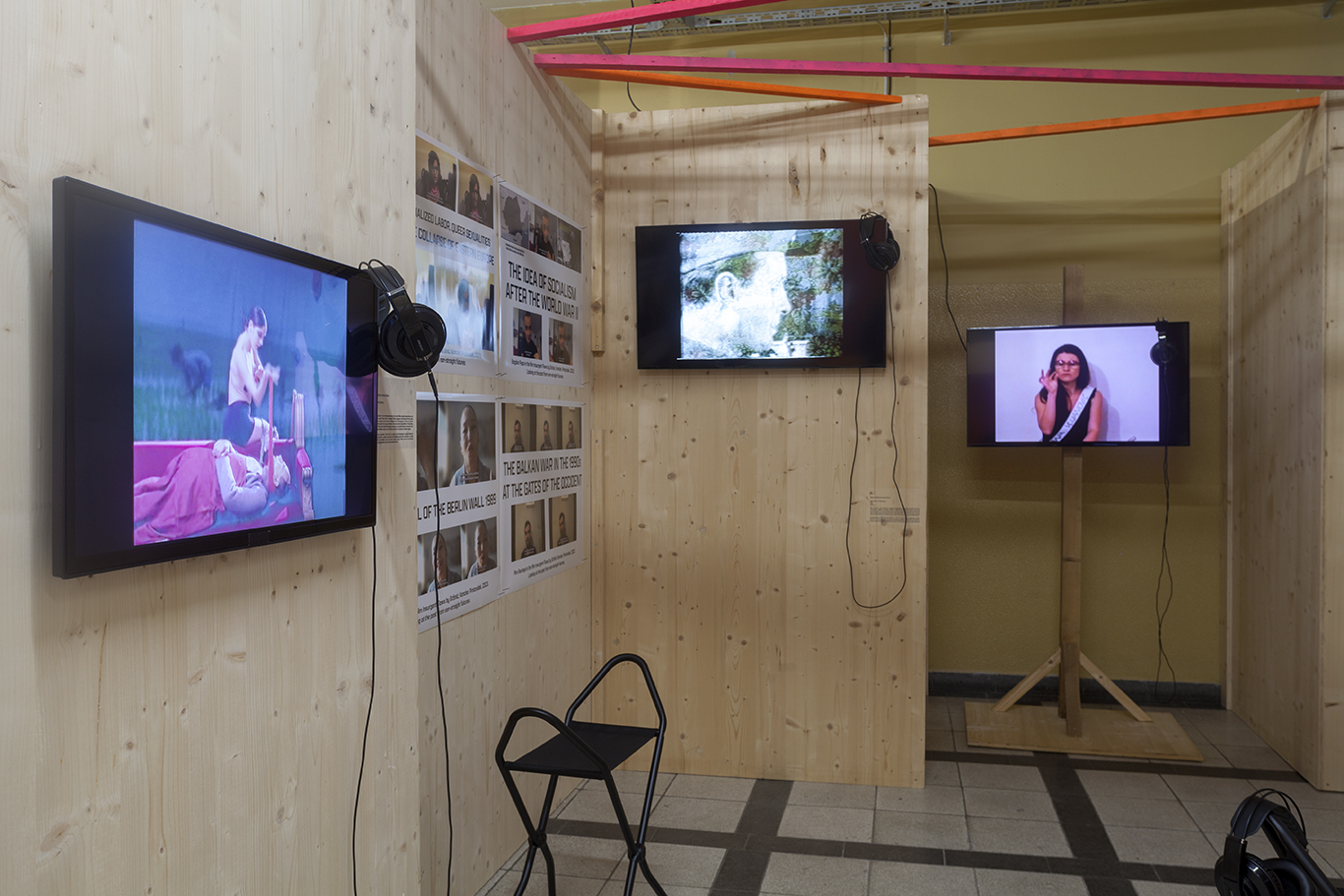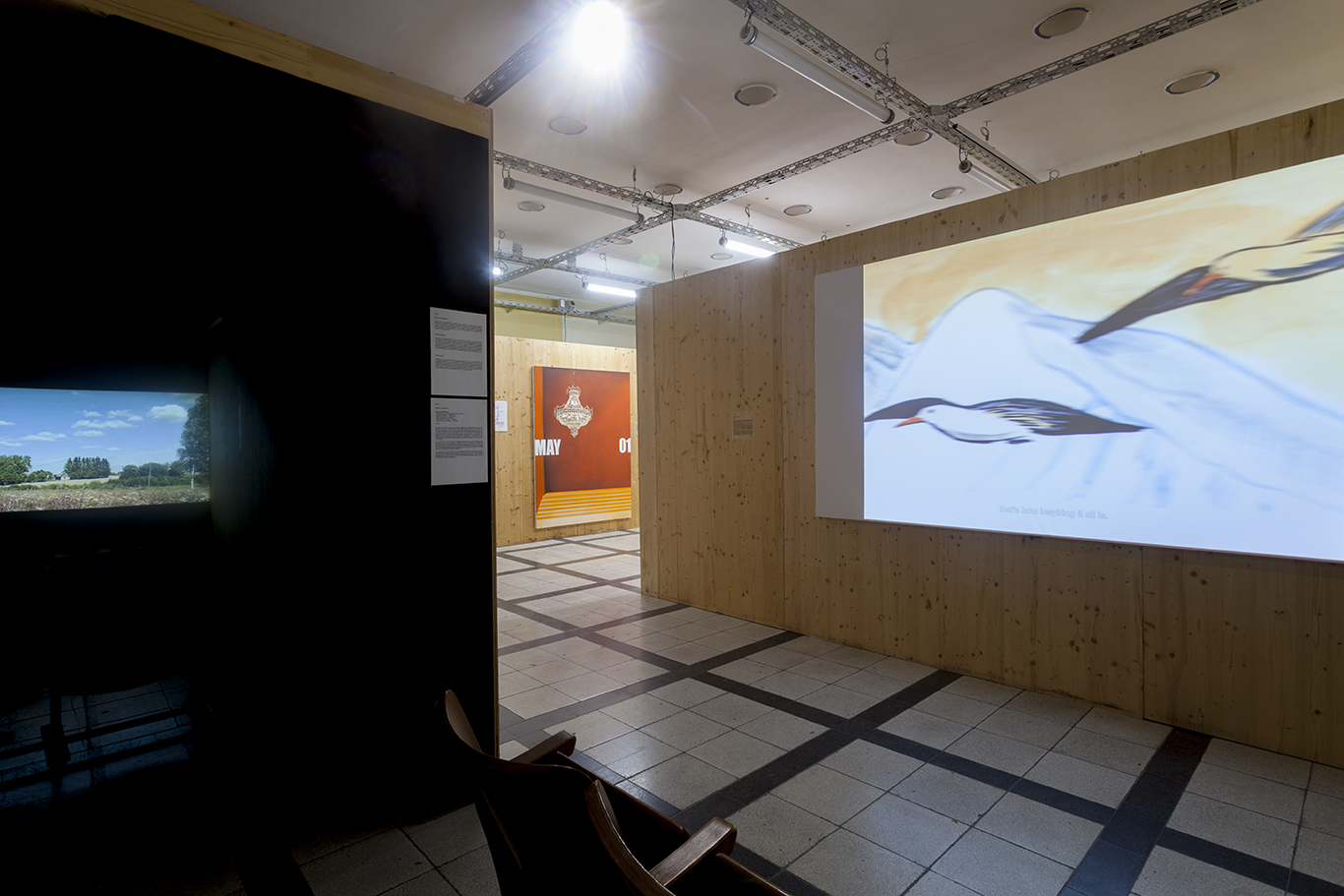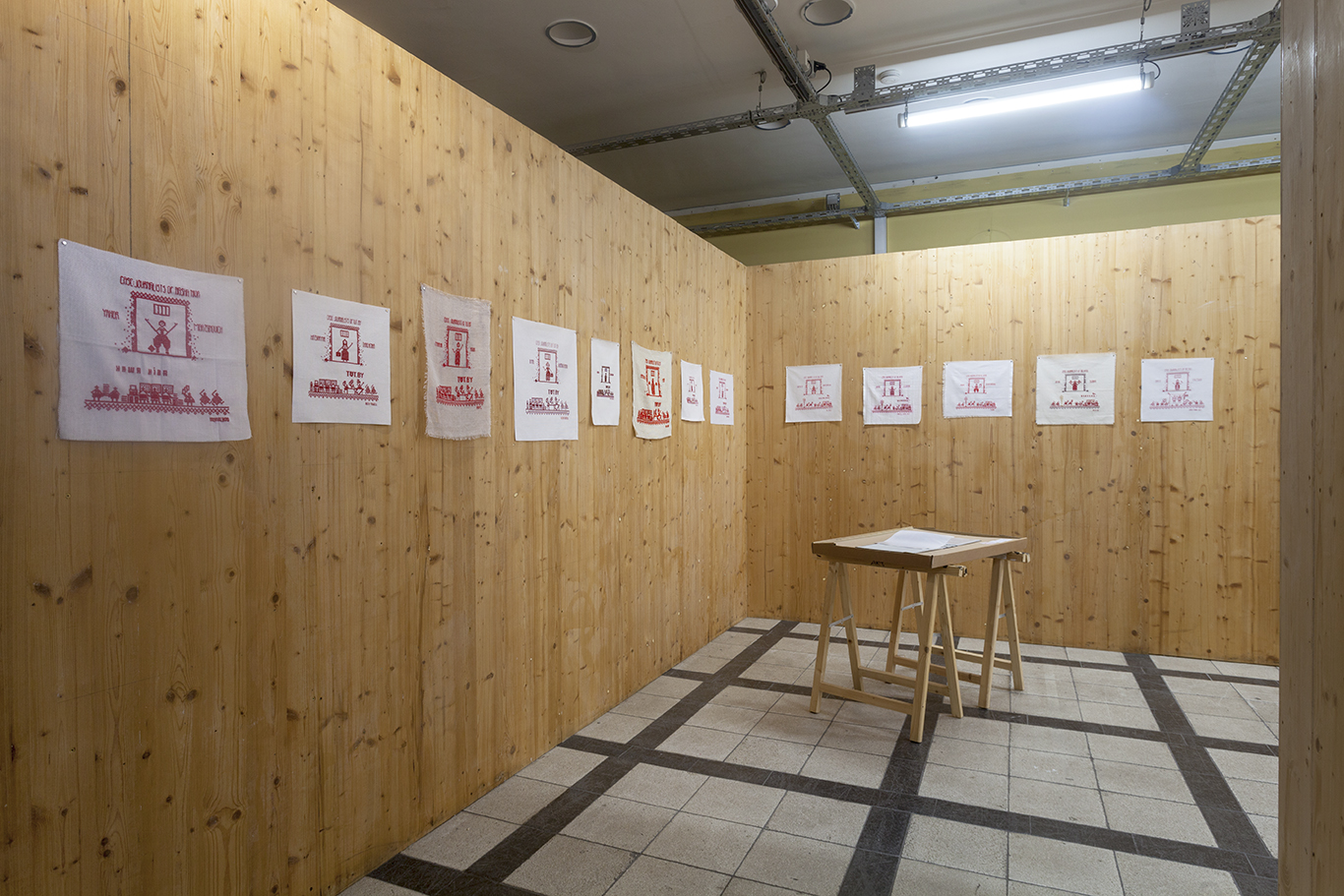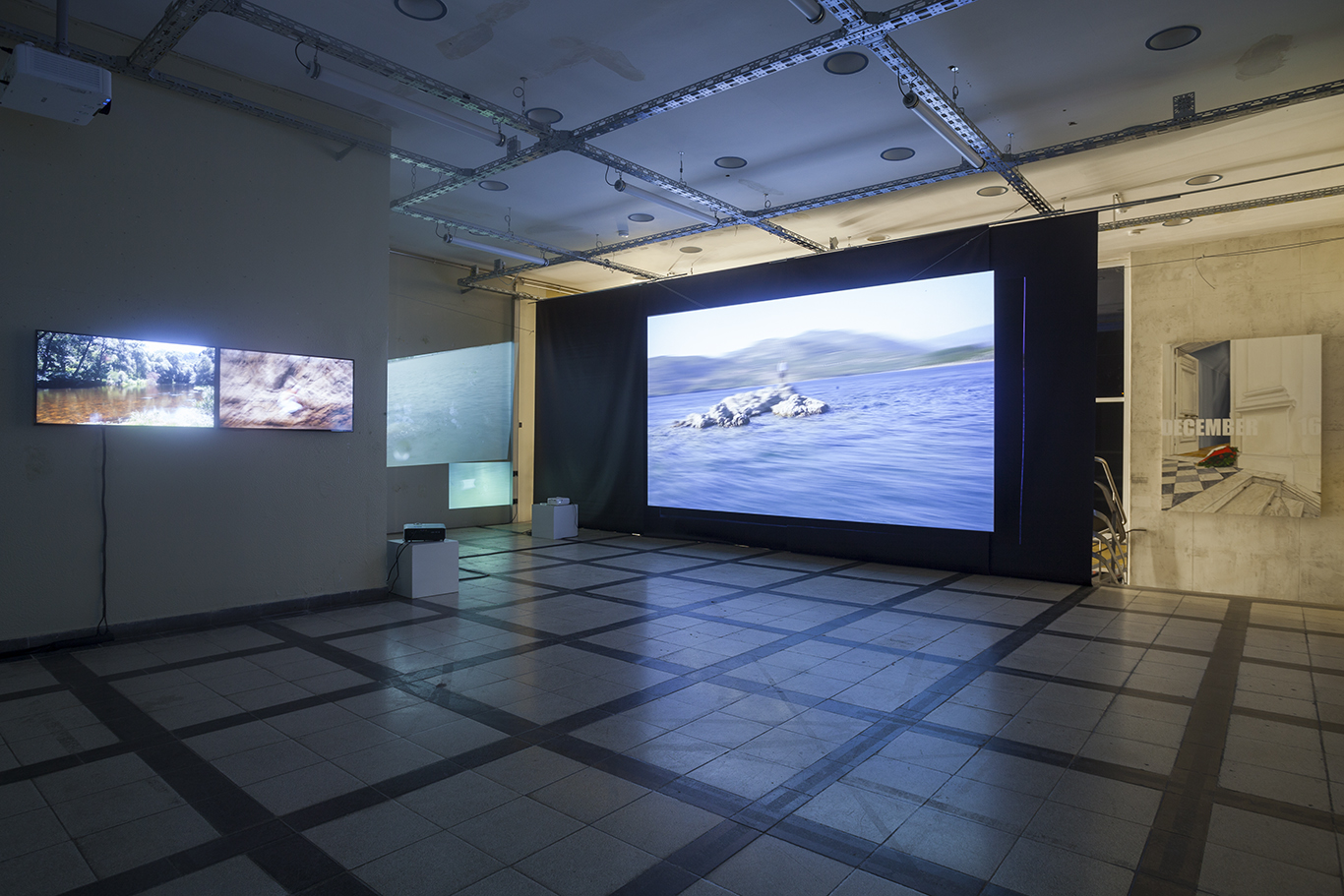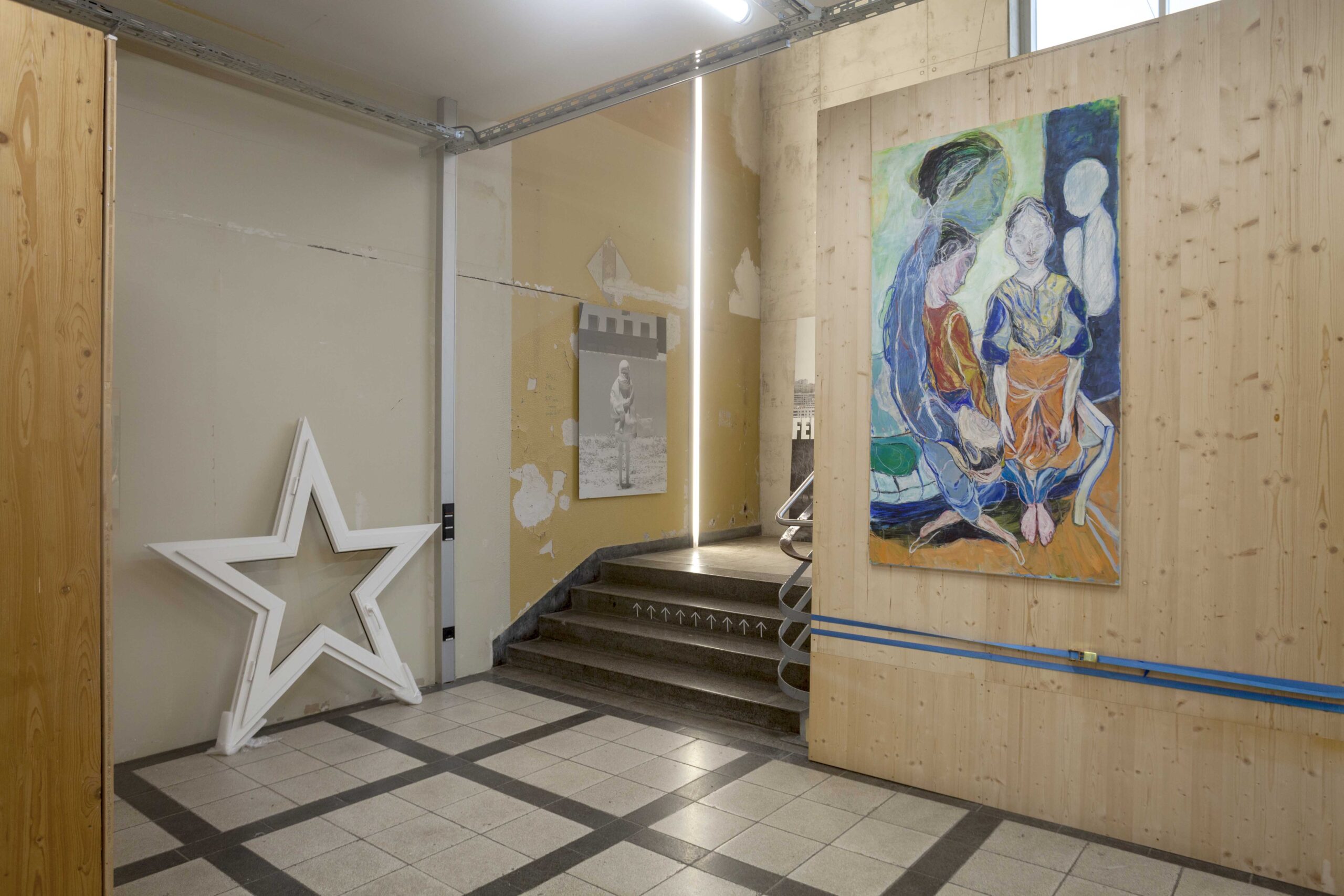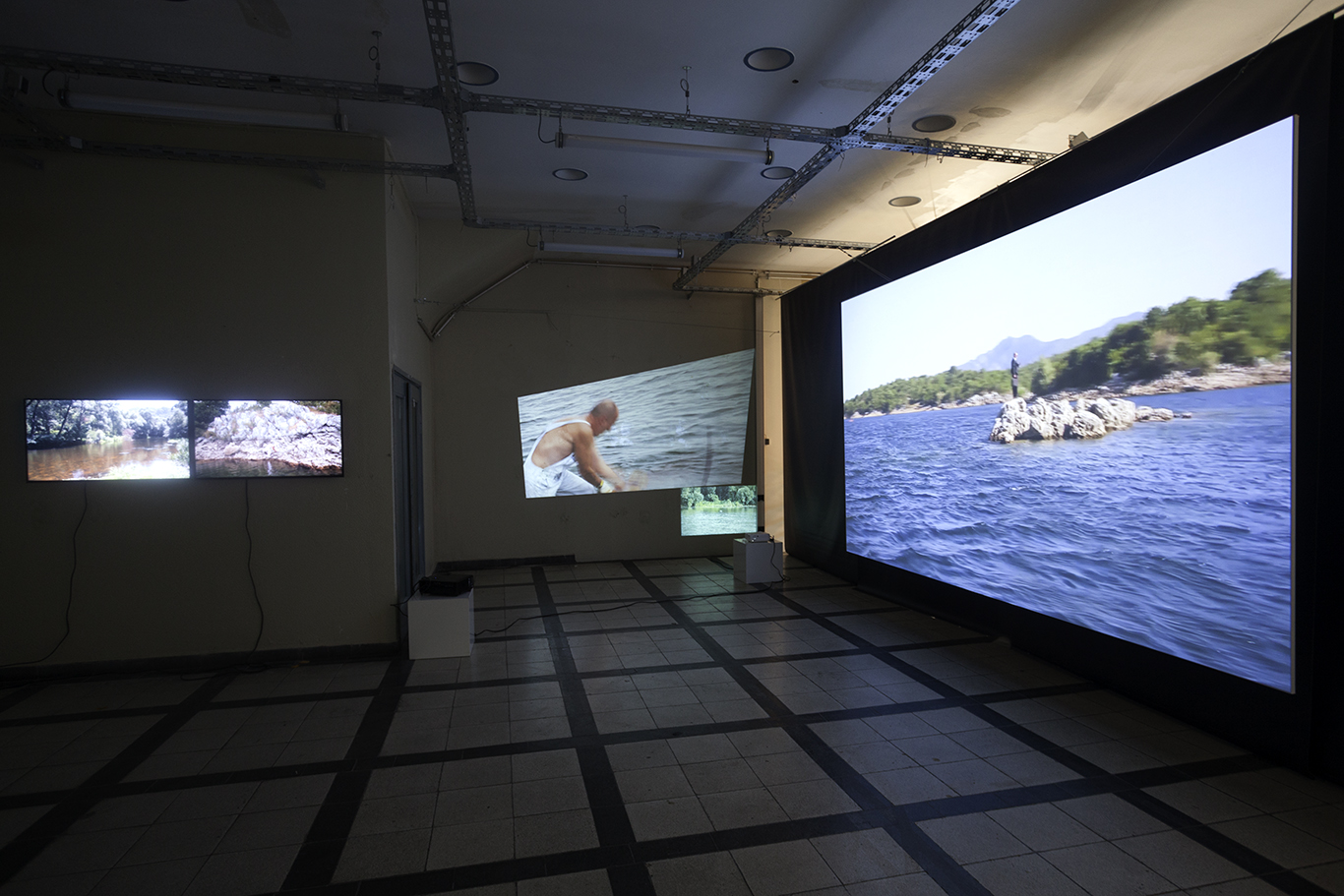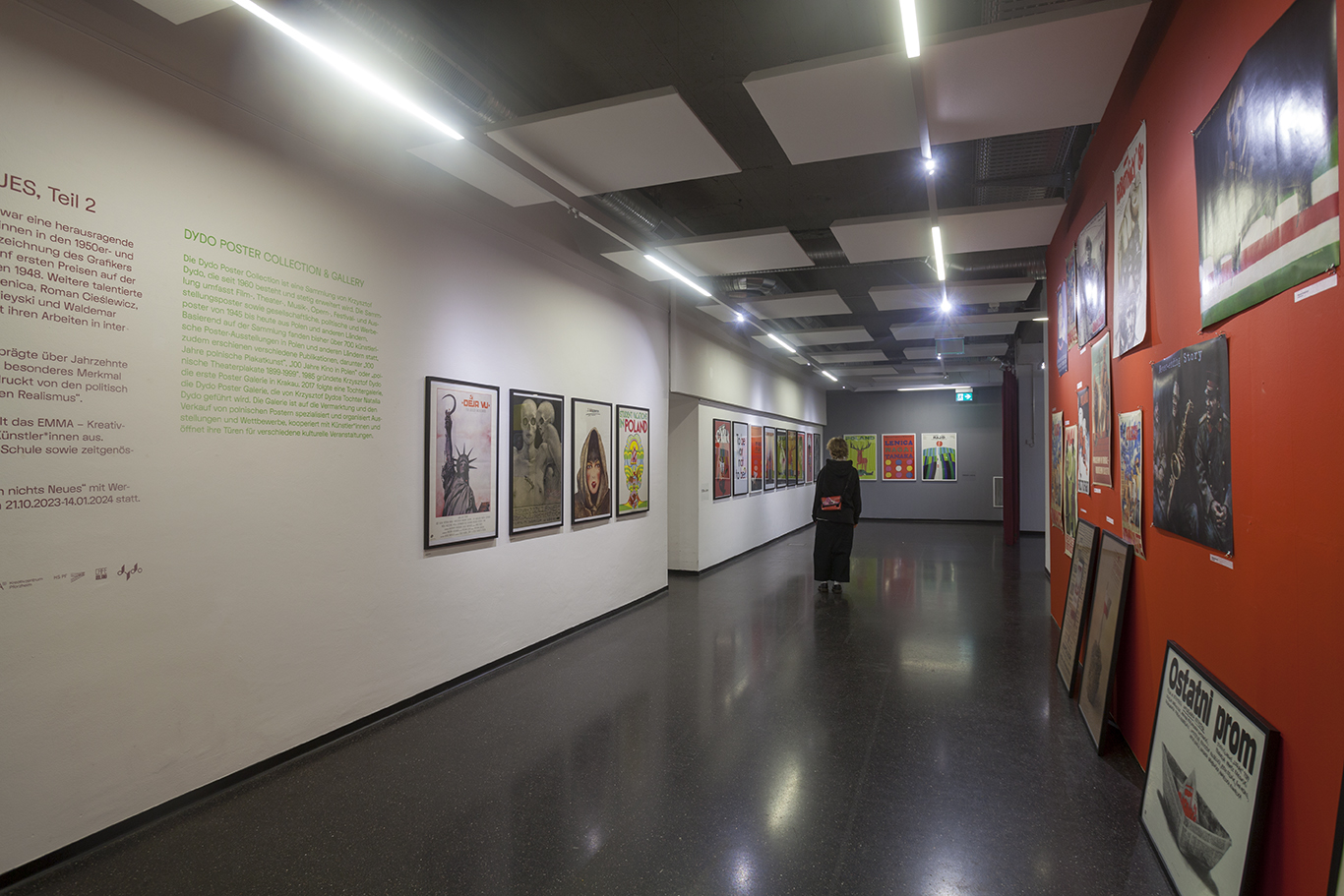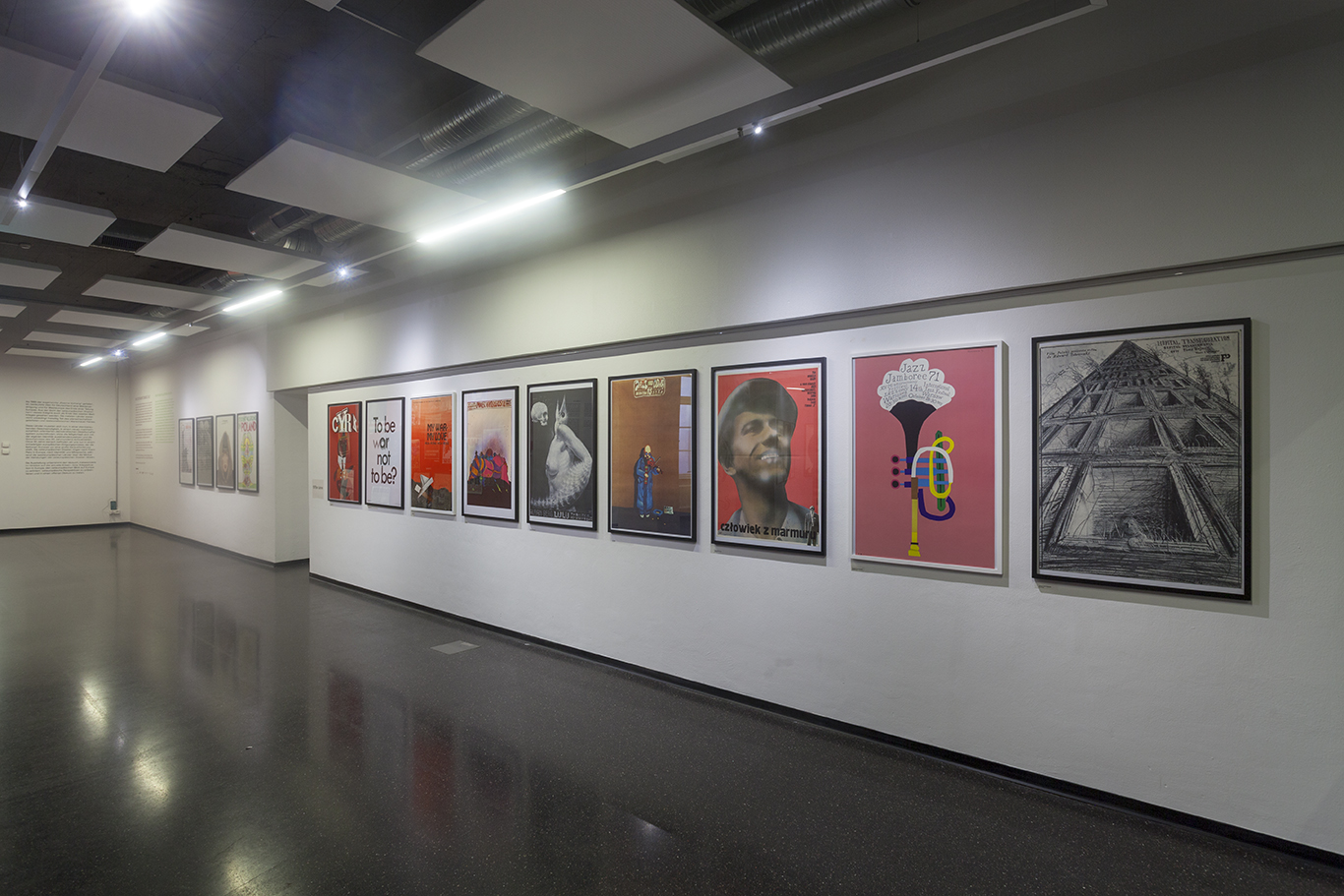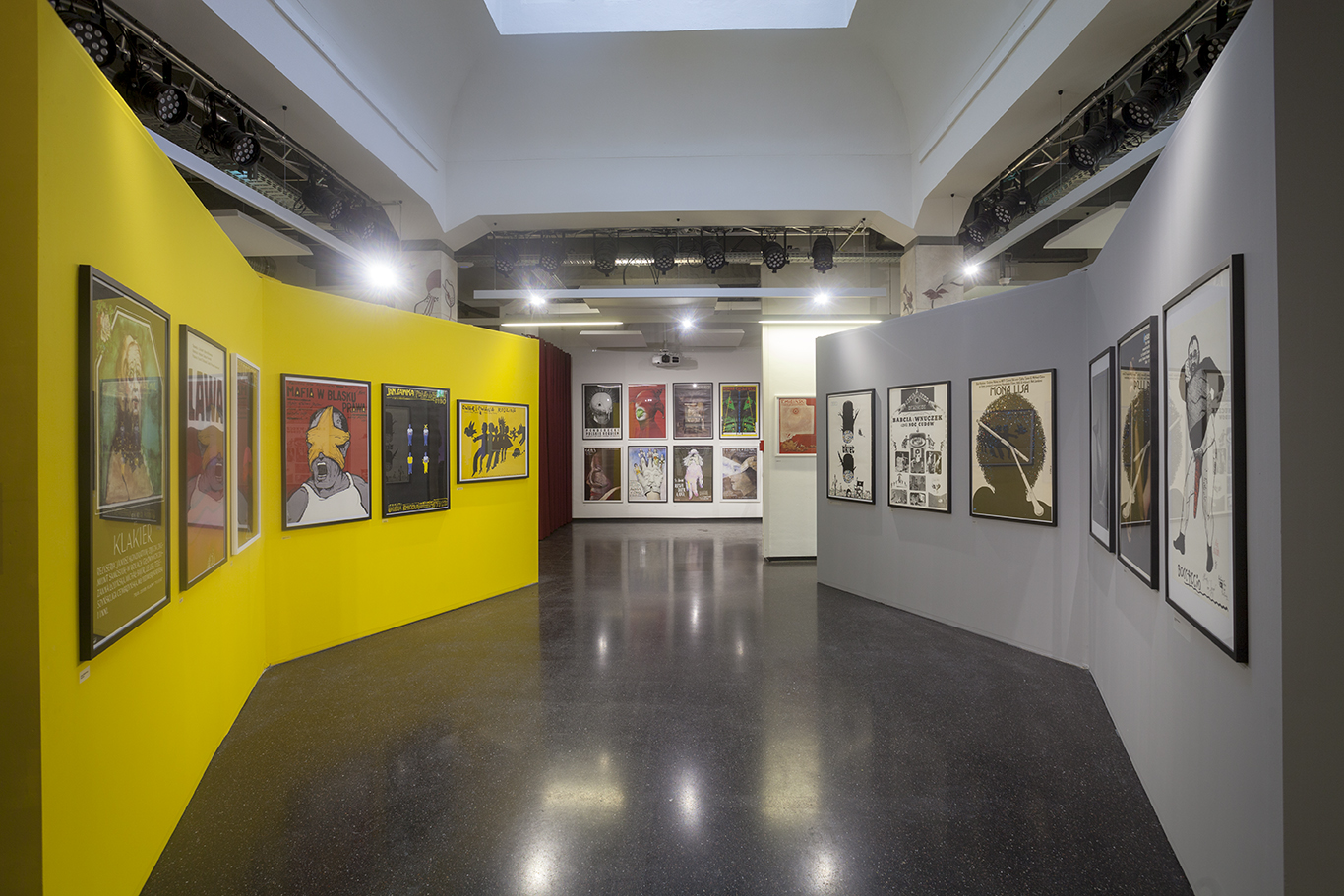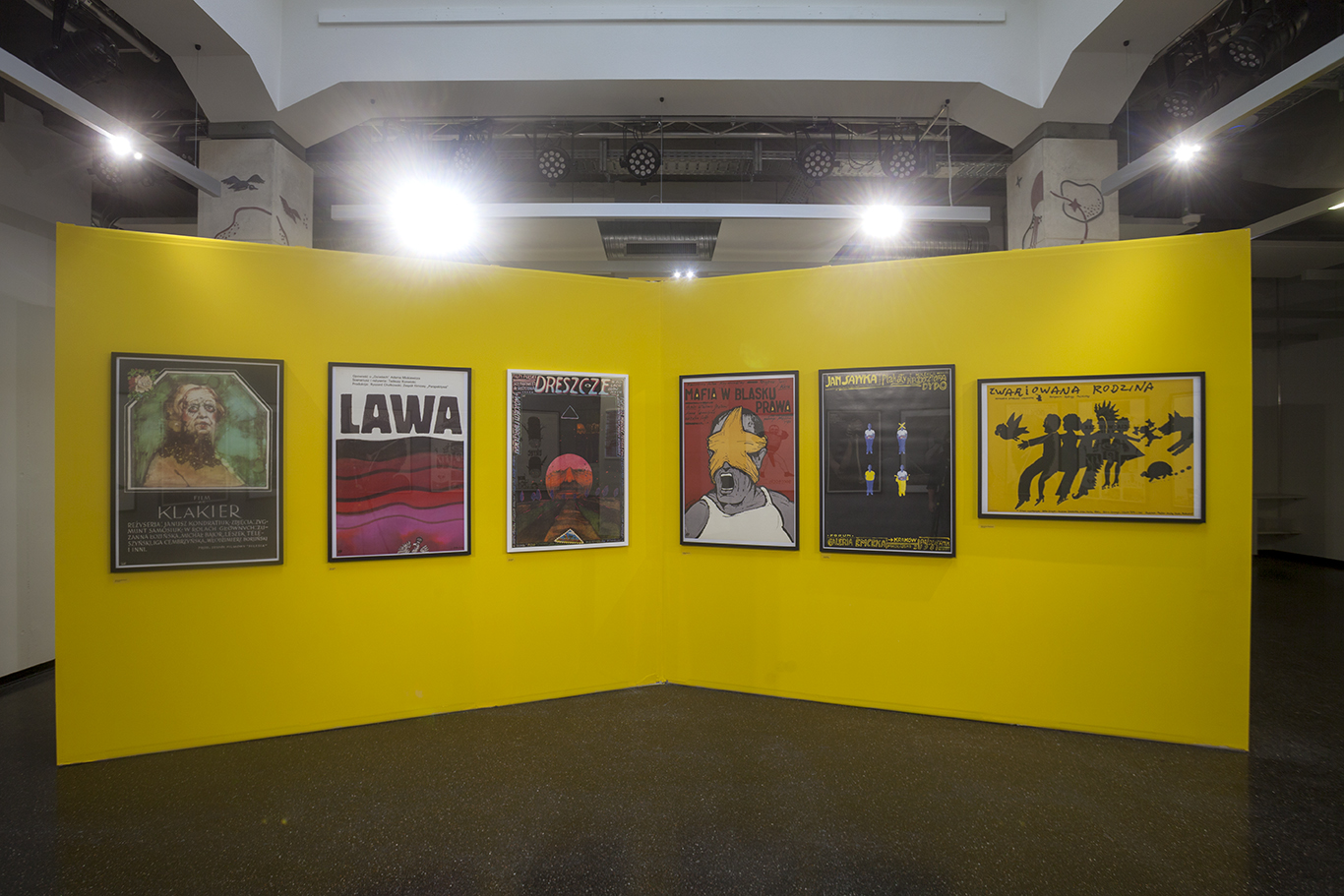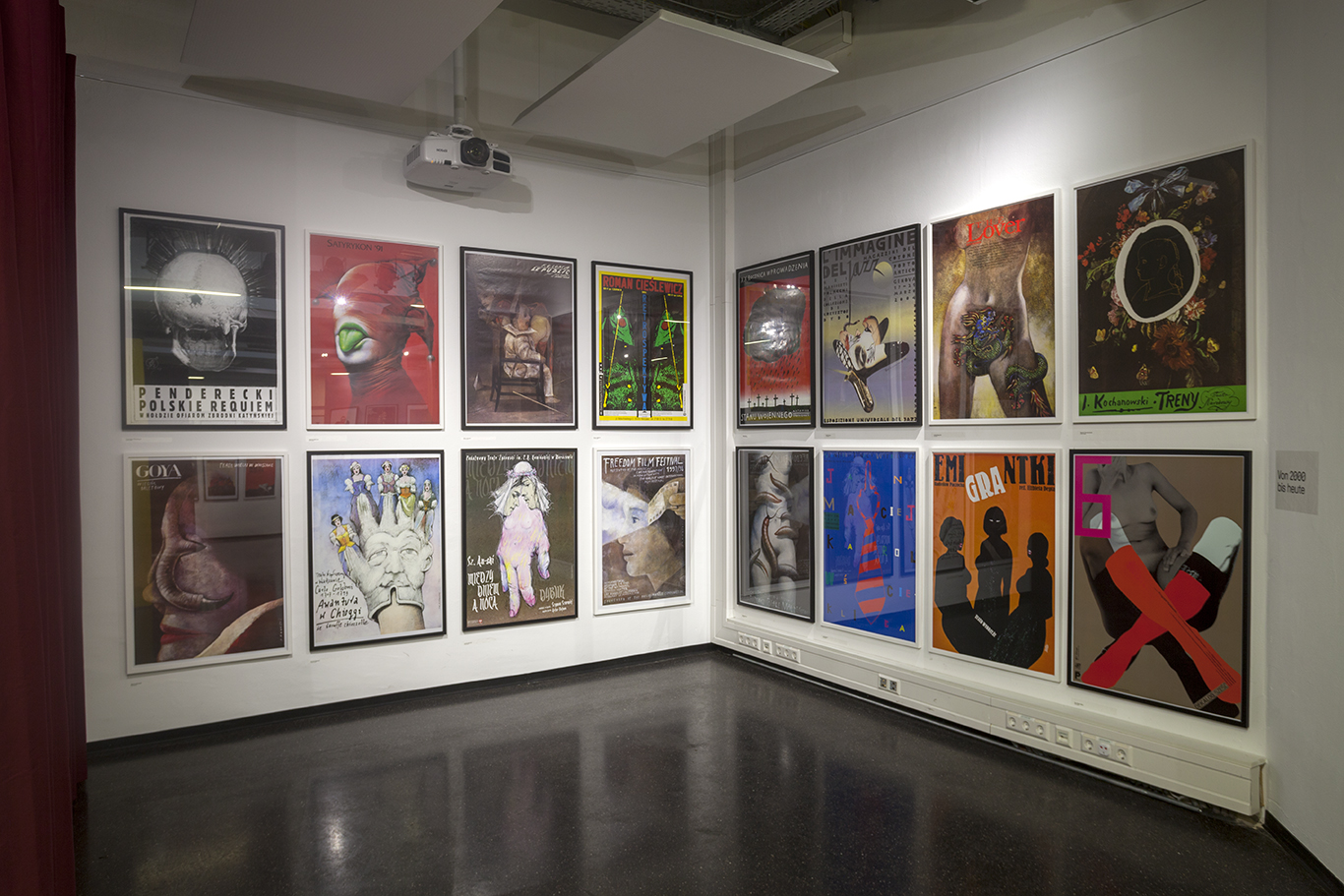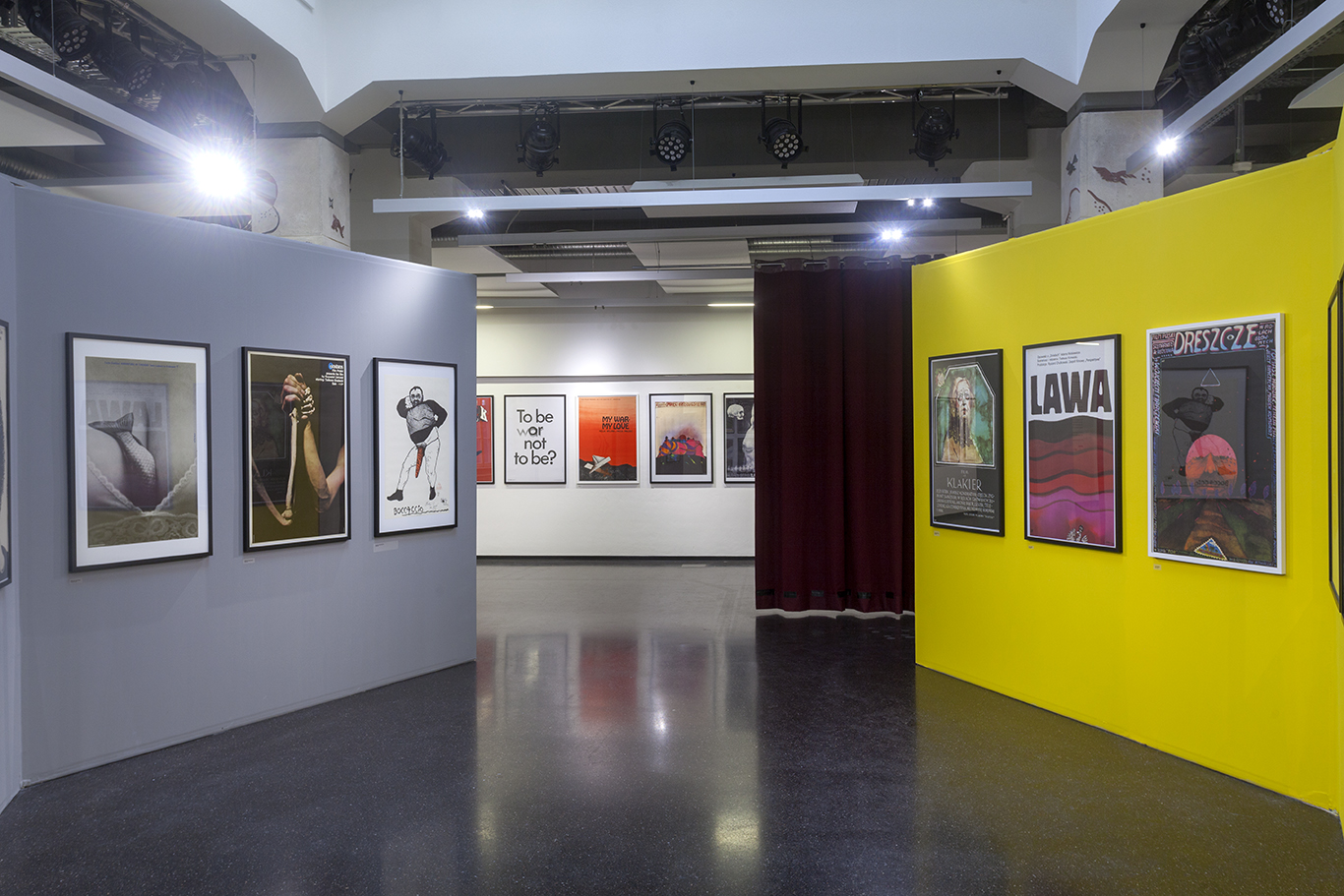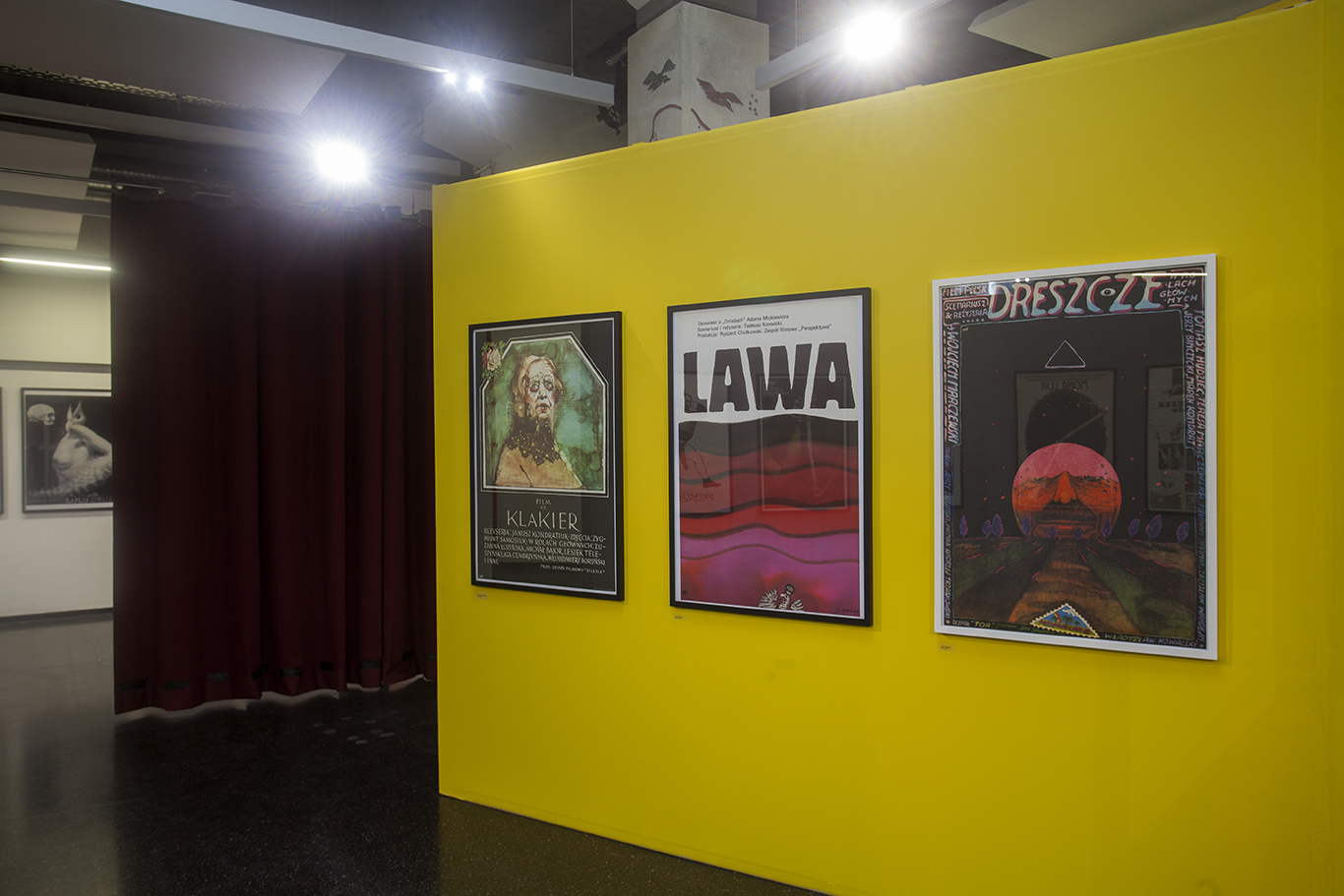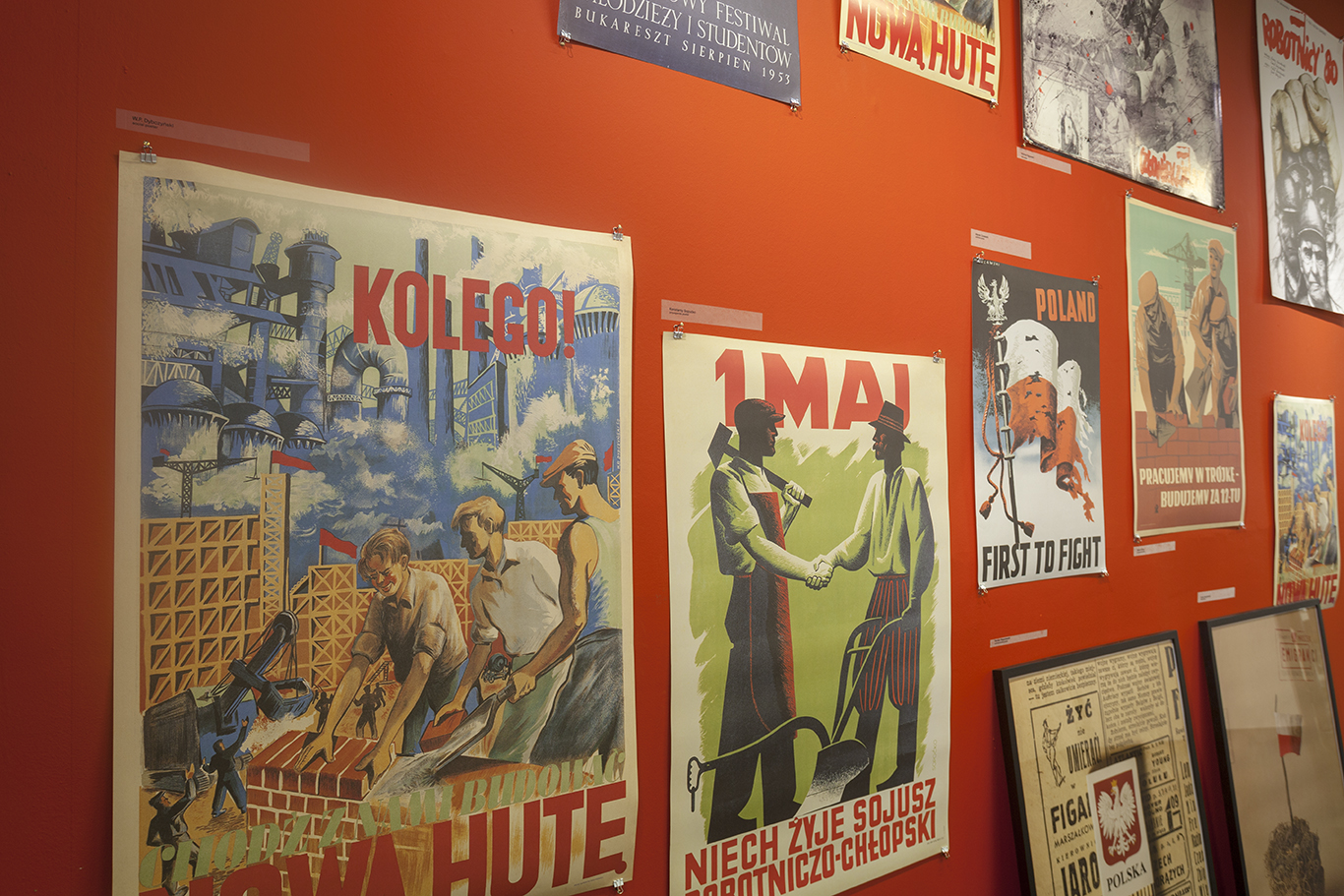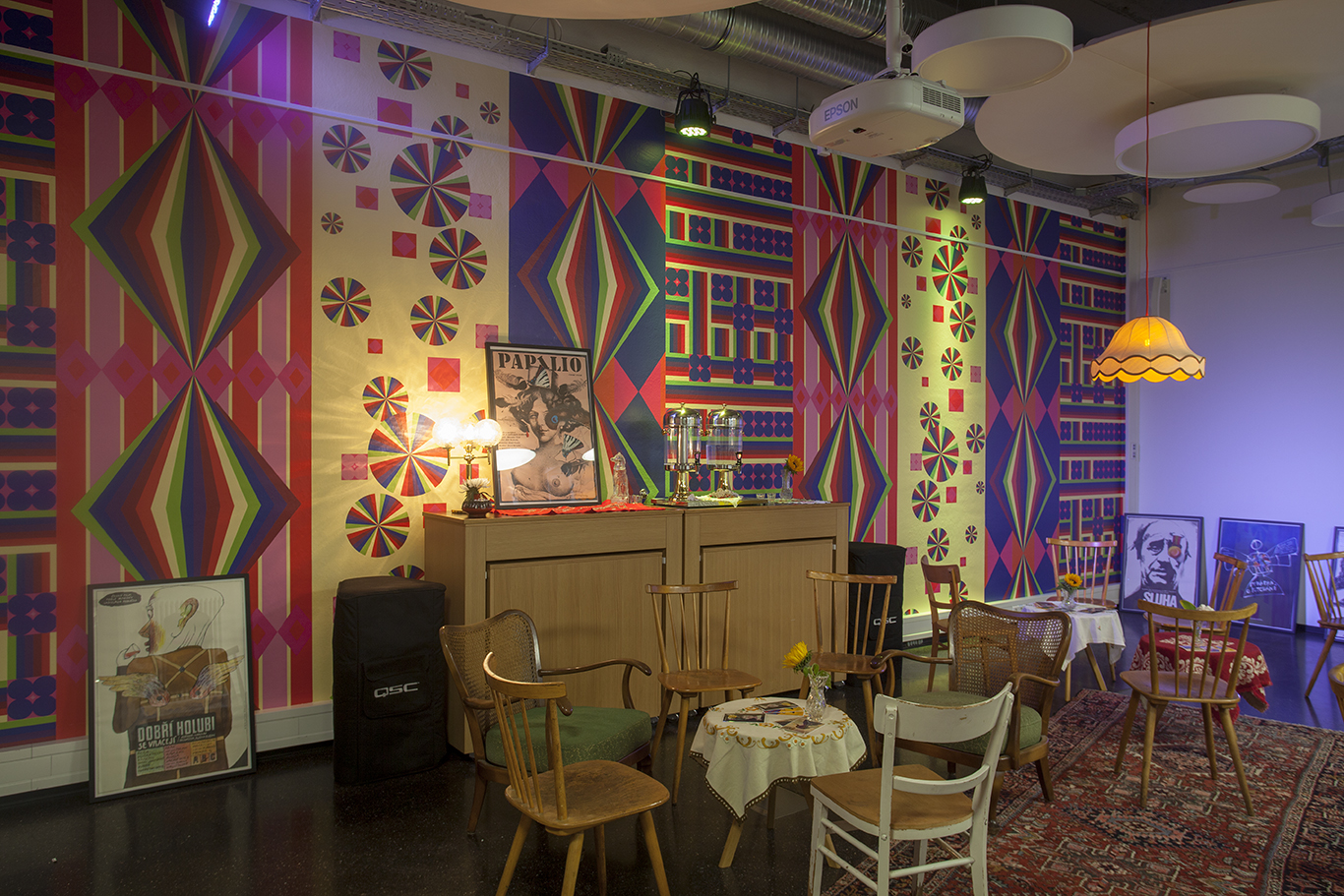Nothing new in the East
Part 1
A.K.T;
21.10.2023-14.01.2024*
*24.12.2023-1.1.2024 geschlossen
When the so-called "Iron Curtain" fell in 1989, this meant reunification for Germany and the end of the division of Europe for Western Europe. From the perspective of the Eastern European states, this event can also be seen as the end of the Second World War. Most countries were not necessarily voluntarily part of the planned economy and real socialist Warsaw Pact.
These countries now had to find their way in a new market economy-orientated democratic social system at breathtaking speed, without the opportunity to deal with their own identity and come to terms with the events of the 20th century. Approximately 30 years later, we now find ourselves in a difficult process of European unification, which presents the nations of Europe with a major challenge. The Eastern European states are struggling for their place in Europe, for identity and a say, while the Western European countries are puzzling over the motives behind the actions of the Eastern European states.
The exhibition attempts to discuss the Eastern European view of Europe, especially in view of the current crisis and war situation in Europe, to present Eastern European perspectives and to enter into an open discourse.
Artistic directors: Janusz Czech, Lisa Schlenker (assistant), co-curator: Thomas Olze
Vernissage: 20.10.2023, 7 pm at EMMA - Creative Centre Pforzheim
Part 2
EMMA - CREATIVE CENTRE PFORZHEIM
21.10.-19.11.2023
In the post-war period, Polish poster art became internationally recognised as the so-called "Polish school". The artists who designed posters for theatre, films or cultural events had a great deal of artistic freedom and developed new forms of expression that were characterised by creativity and diversity. At the same time, the posters reflect the spirit of the times in Poland and reflect Poland's eventful history. To accompany the exhibition "Nothing New in the East", an exhibition of posters by Polish artists such as Franciszek Starowieyski, Jan Sawka, Jan Lenica, Waldemar Świerzy, Lipiński Eryk, Pągowski Andrzej and Tomaszewski Henryk will be held in cooperation with the Dydo Gallery at EMMA - Kreativzentrum Pforzheim. On display are posters from the Polish school as well as contemporary posters from 1950 to the present day.
DYDO POSTER COLLECTION & GALLERY
The Dydo Poster Collection is a collection by Krzysztof Dydo that has been in existence since 1960 and is constantly being expanded. The collection includes film, theatre, music, opera, festival and exhibition posters as well as social, political and cultural posters.
and advertising posters from 1945 to the present day from Poland and other countries. Based on the collection, over 700 artistic poster exhibitions have been held in Poland and other countries to date, and various publications have also appeared, including "100 Years of Polish Poster Art", "100 Years of Cinema in Poland" and "Polish Theatre Posters 1899-1999". Krzysztof Dydo founded the first poster gallery in Krakow in 1985. This was followed in 2017 by a subsidiary gallery, the Dydo Poster Gallery, which is run by Krzysztof Dydo's daughter Natalia Dydo. The gallery specialises in the marketing and sale of Polish posters and organises exhibitions and competitions, cooperates with artists and opens its doors for various cultural events
Artistic directors: Janusz Czech, Lisa Schlenker (assistant), co-curator: Thomas Olze
Download the exhibition flyer:
Opening hours
Fri 14-19 h
Sat 14-22 h
Sun 11-19 h
With works by:
Maja Bajević
Anna Baranowski & Luise Schröder
Rufina Bazlova & Sofia Tocar
Julia Beliaeva
Frédéric Chaubin
Márta Czene
Lex Drewinski,
Wiktor Dyndo
Ieva Epnere
Vladimir Frelih & Dragan Matić
Susanne Fritz
Sętowski Gawron
Shalva Gelitashvili
Michael Grudziecki
Aneta Grzeszykowska
Marina Gržinić & Aina Šmid,
Jakub Janovský
Gvantsa Jishkariani
Gvantsa Jishkariani & Nata Sopromadze & David Apakidze
Franka Kaßner
Zauri Matikashvili
Ana Petrović
Nika Rukavina
Krišs Salmanis
Slavs and Tatars
Zbigniew Sikora
Simpson
Wojciech Wilczyk
Waldemar Zimbelmann
